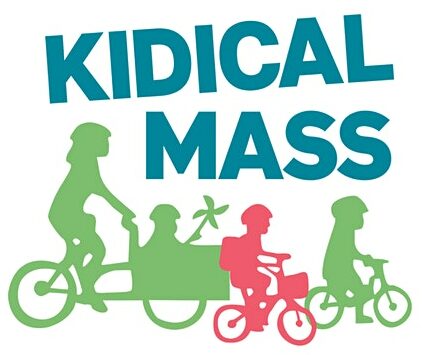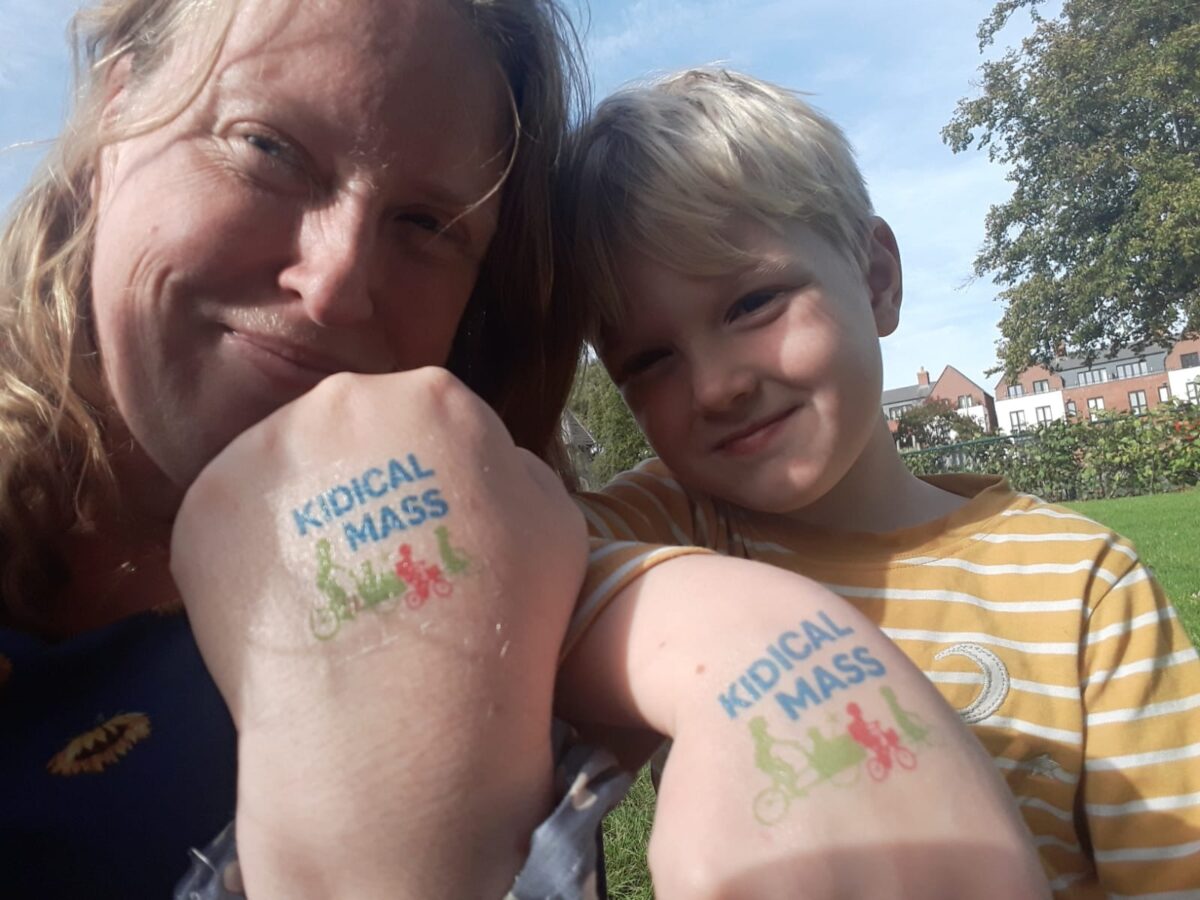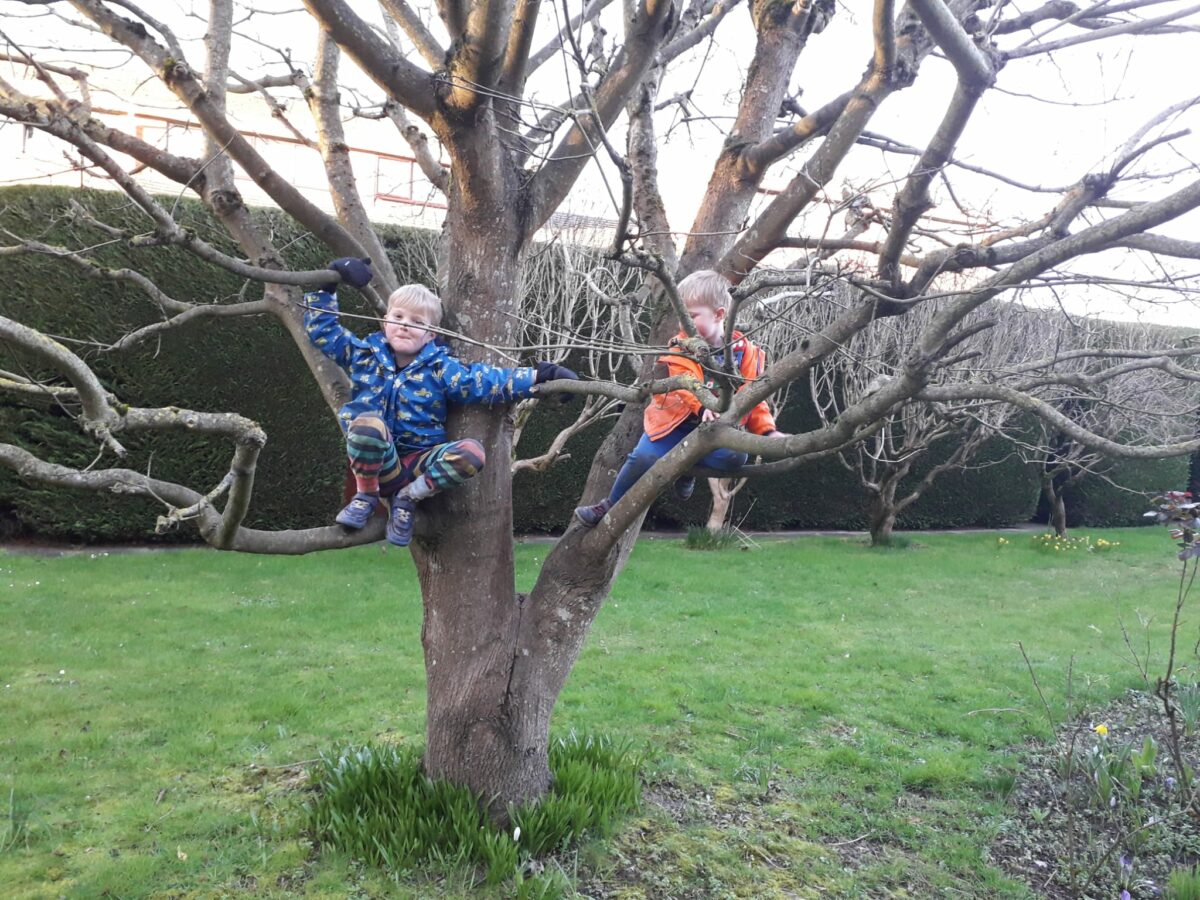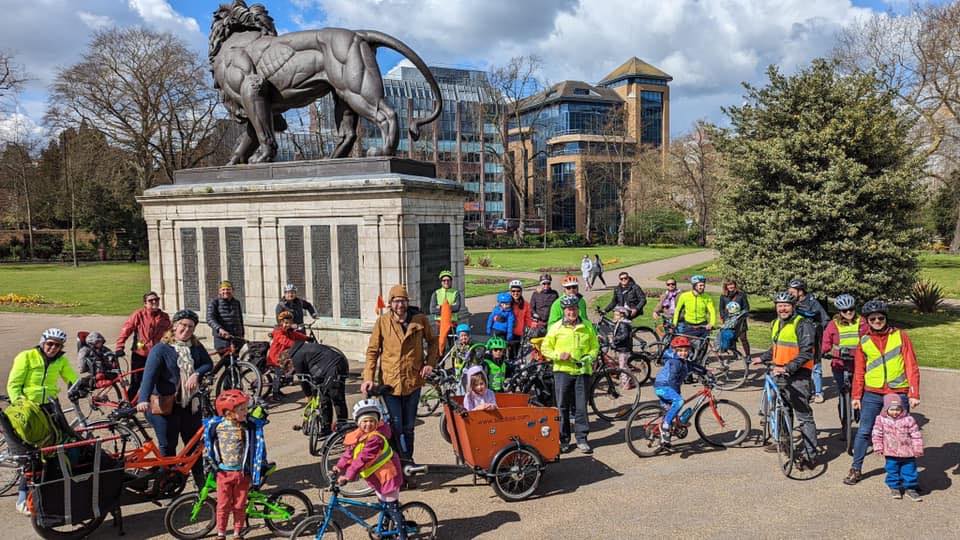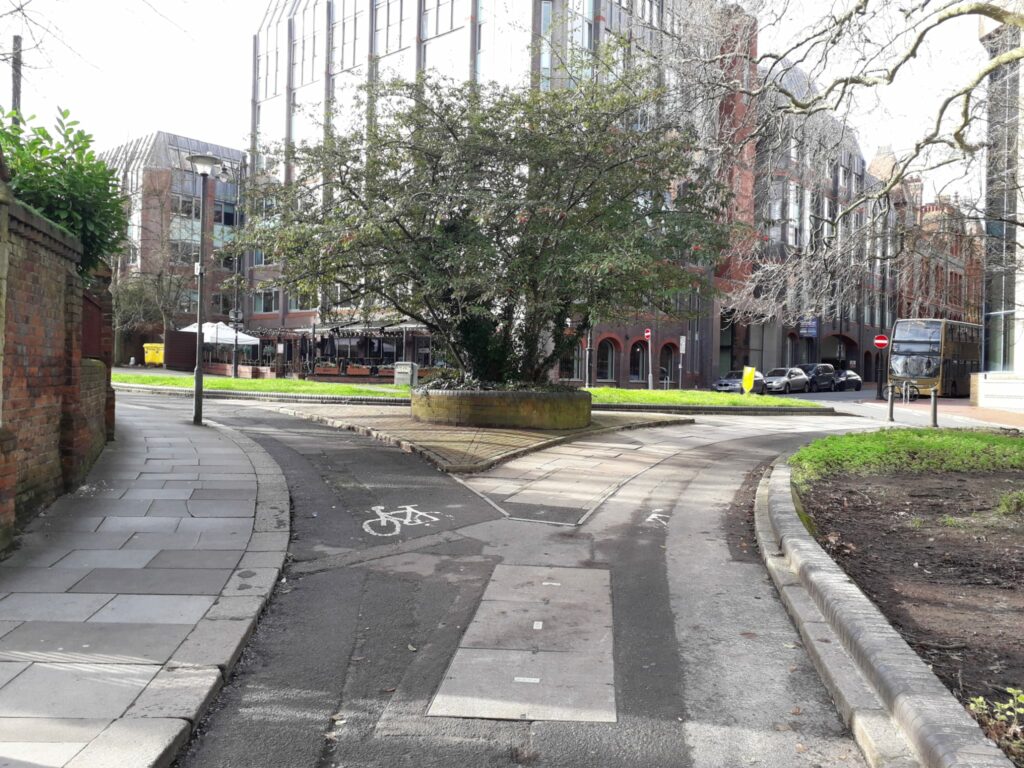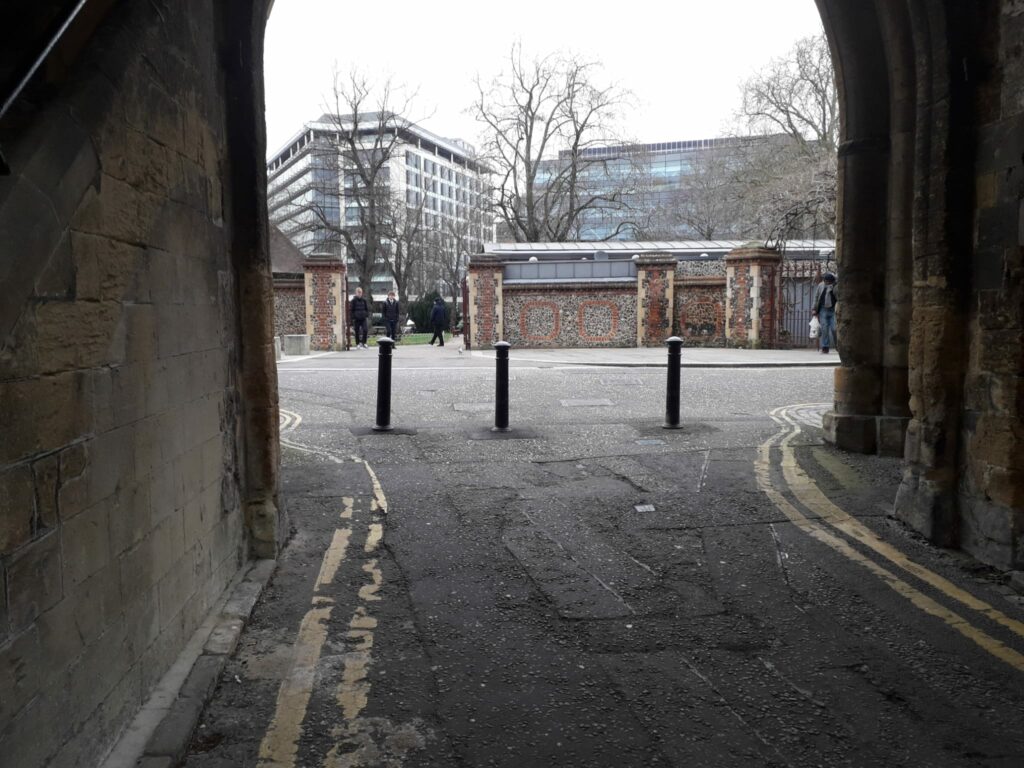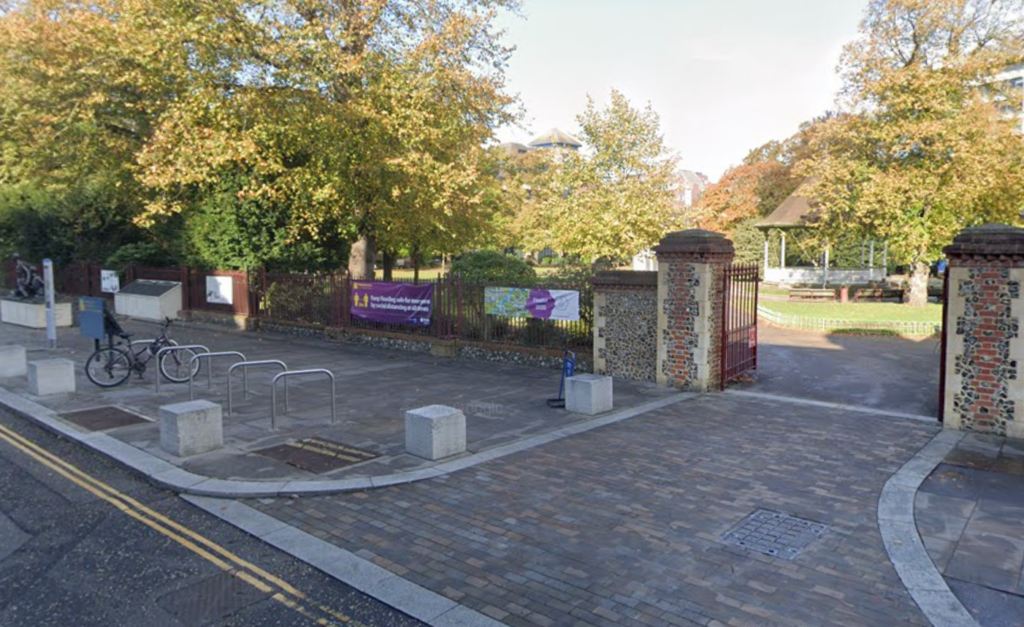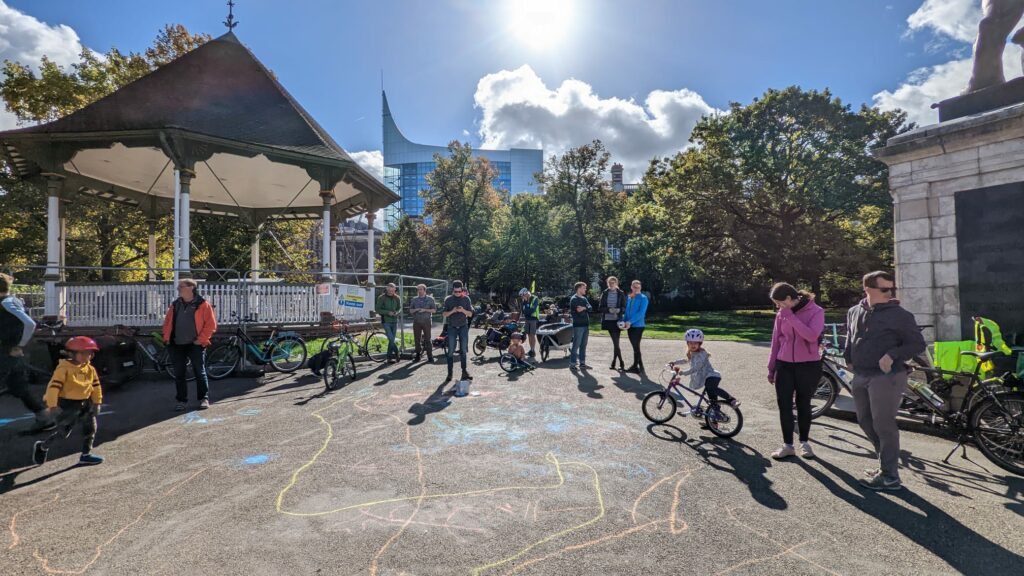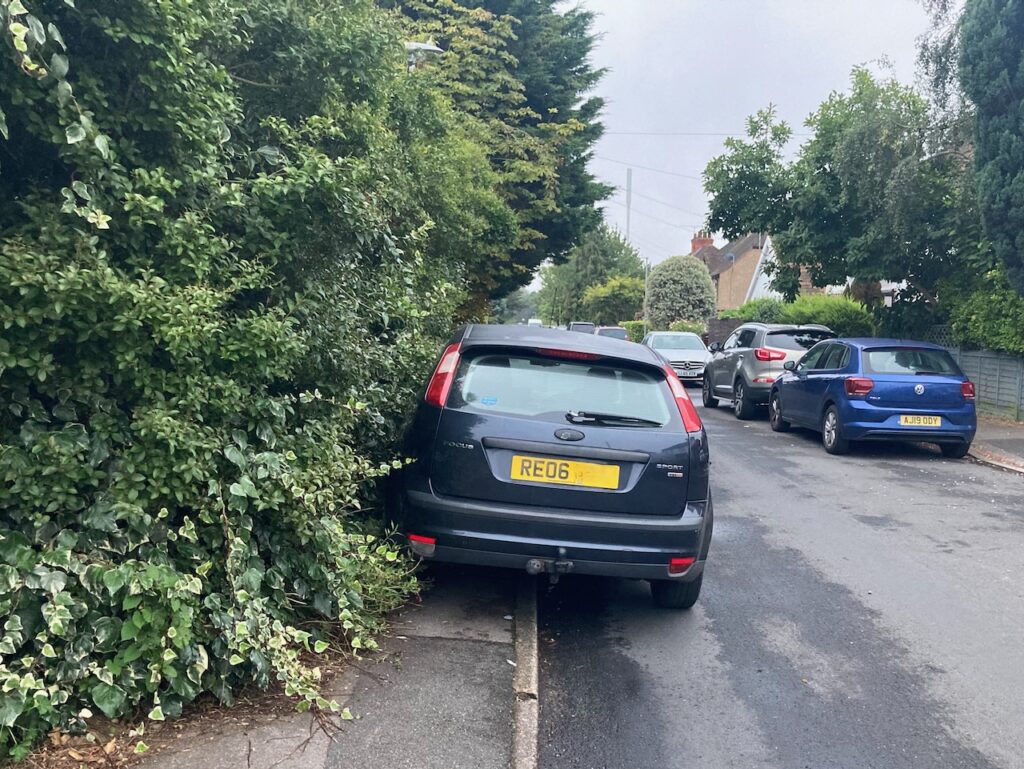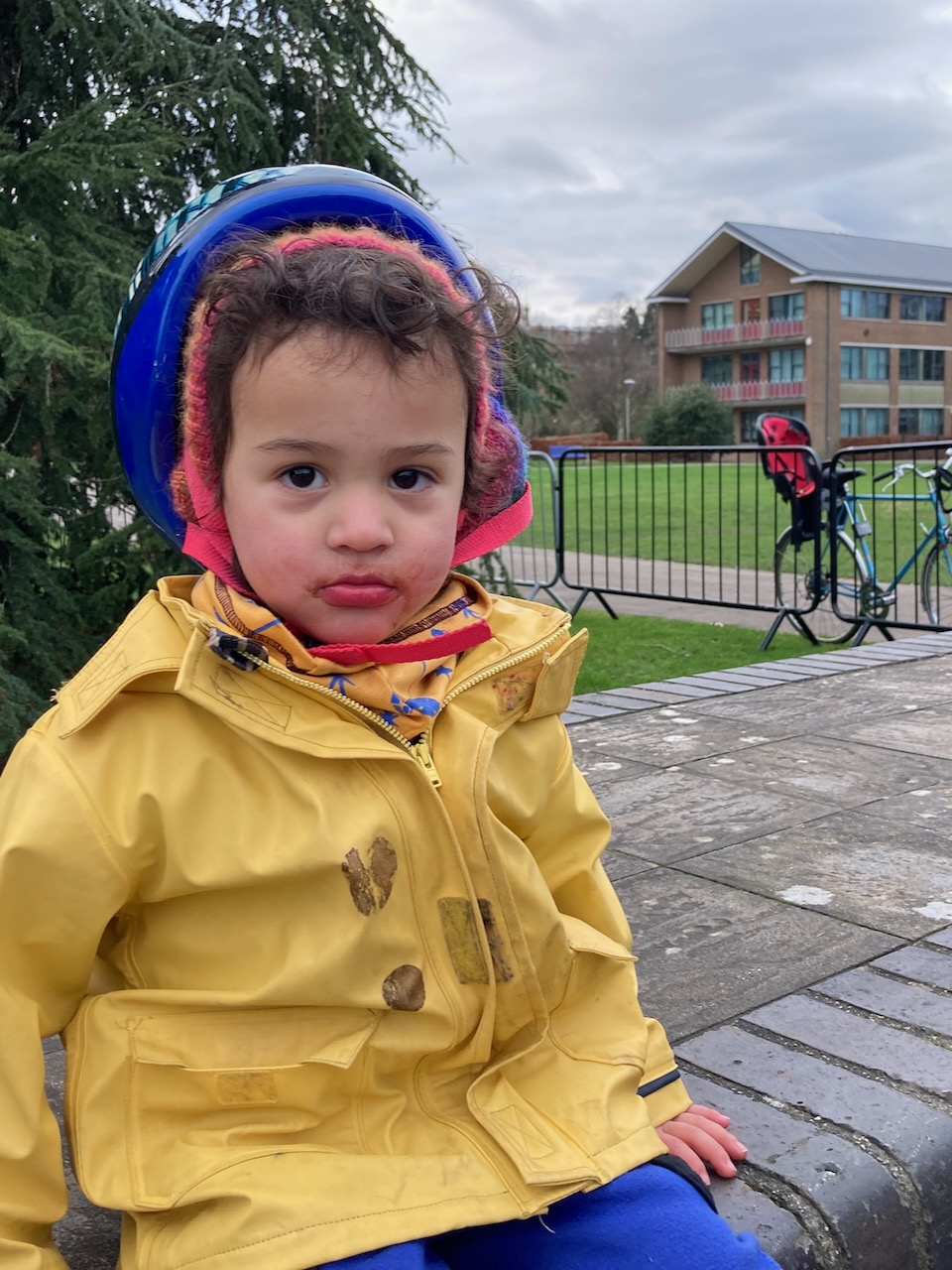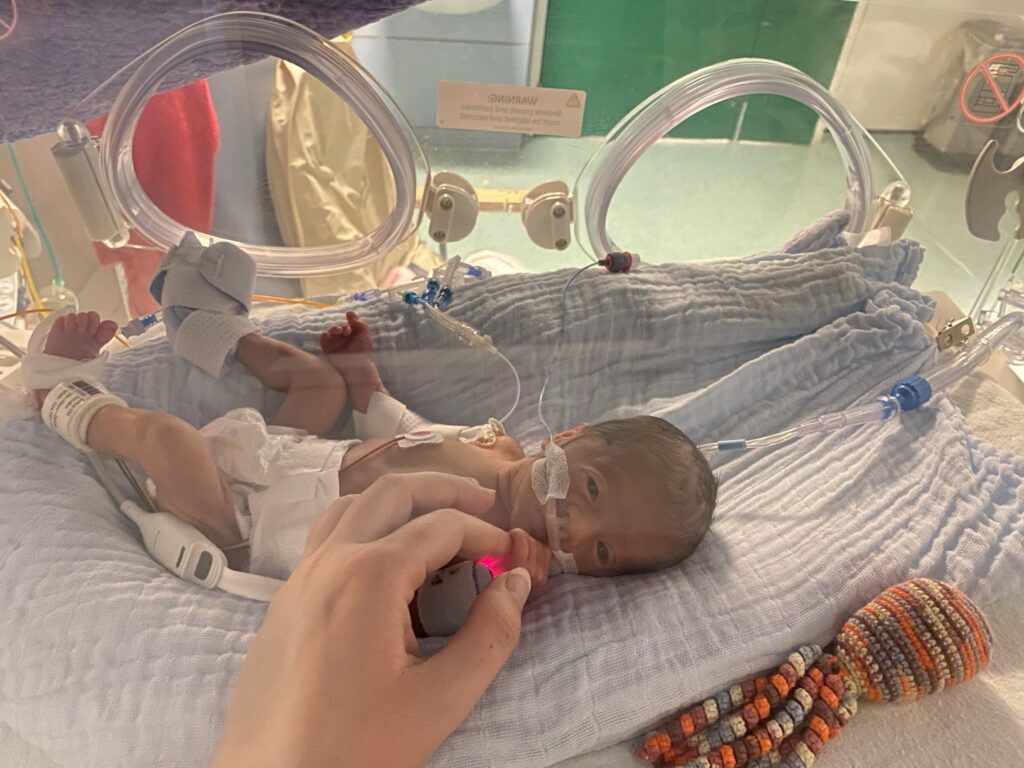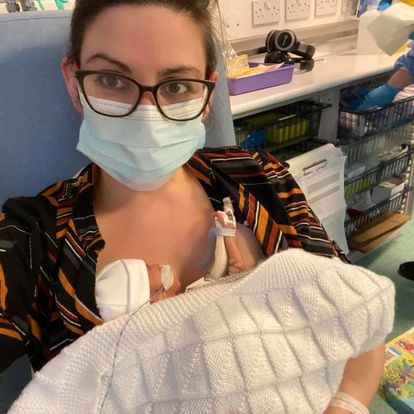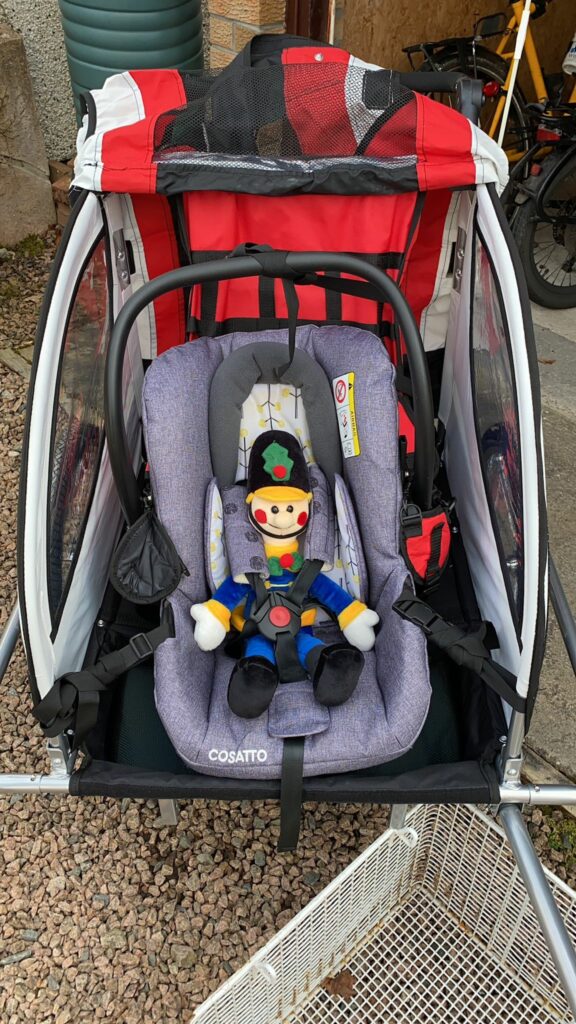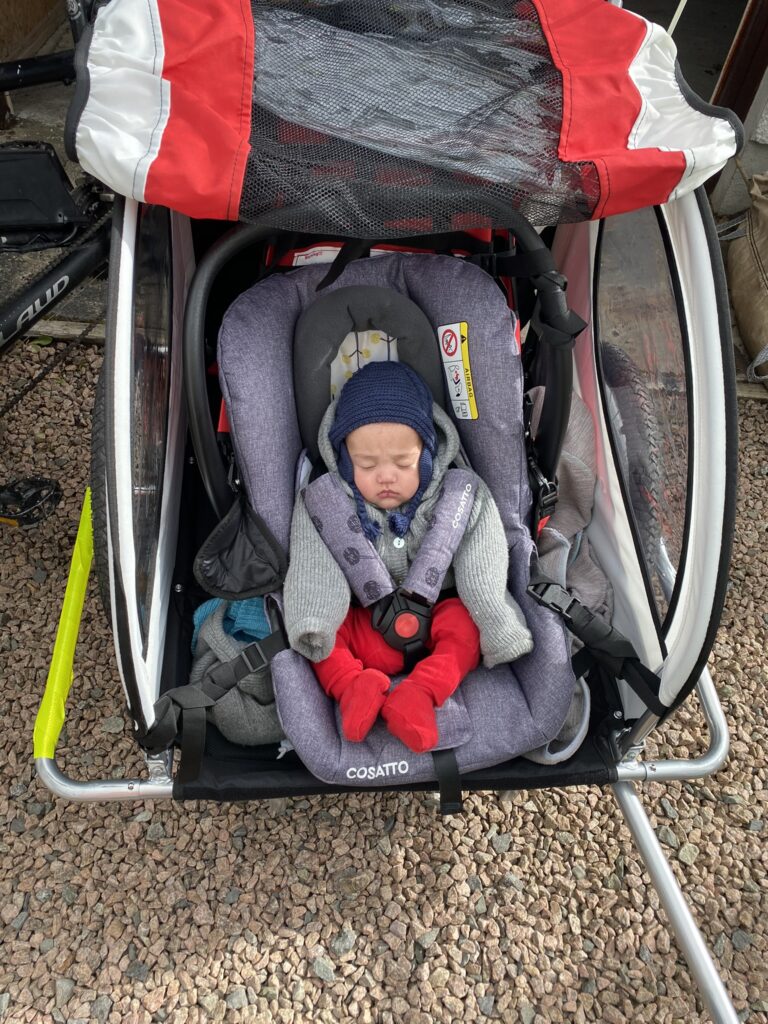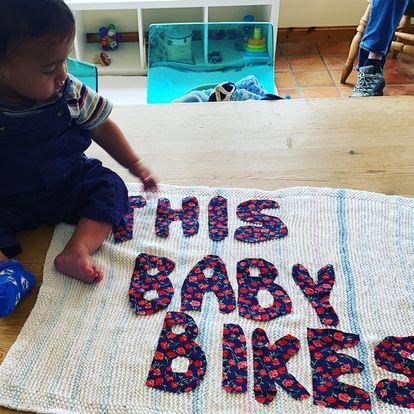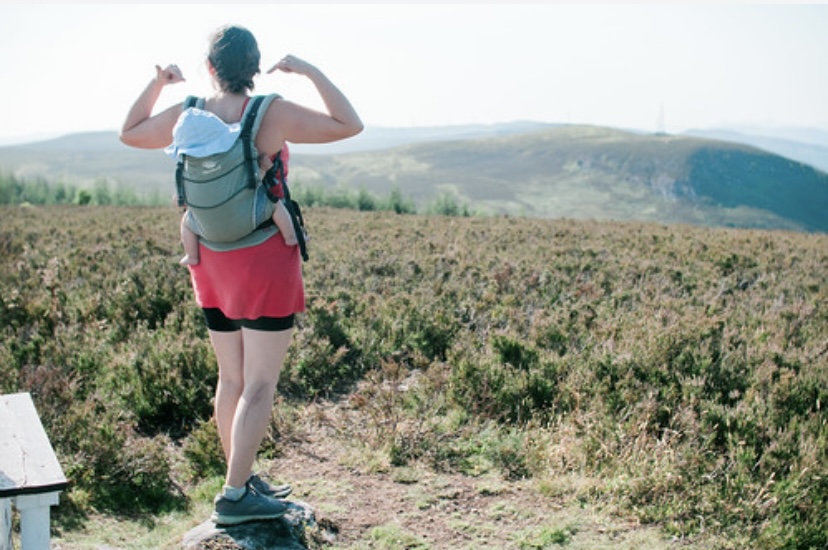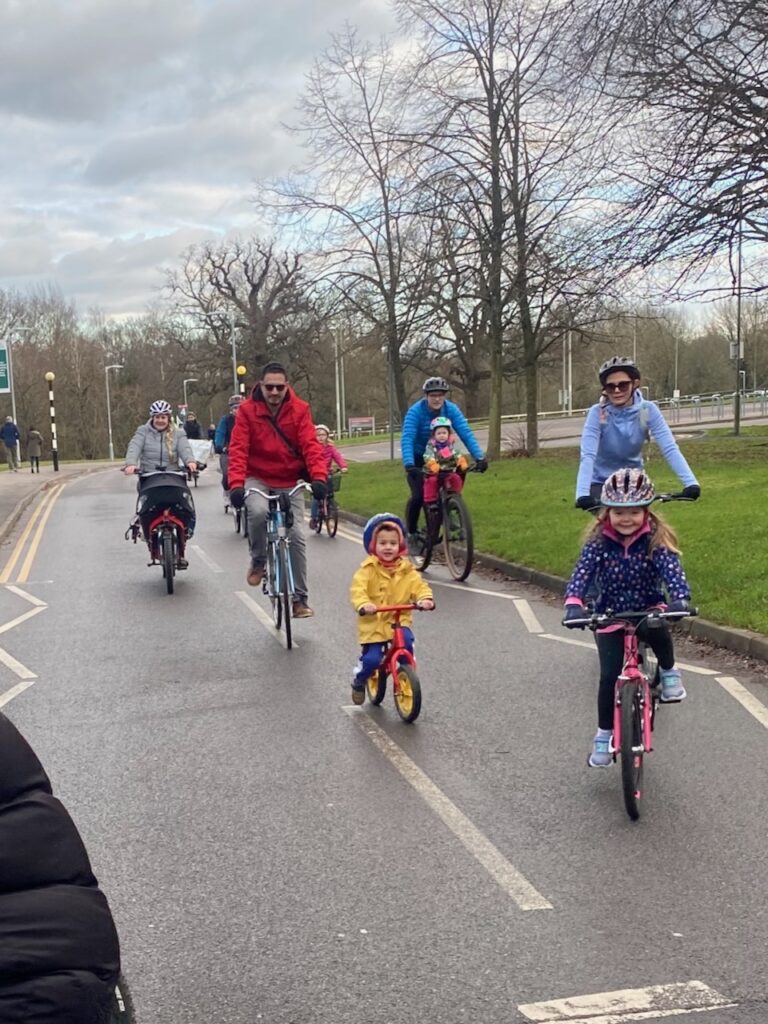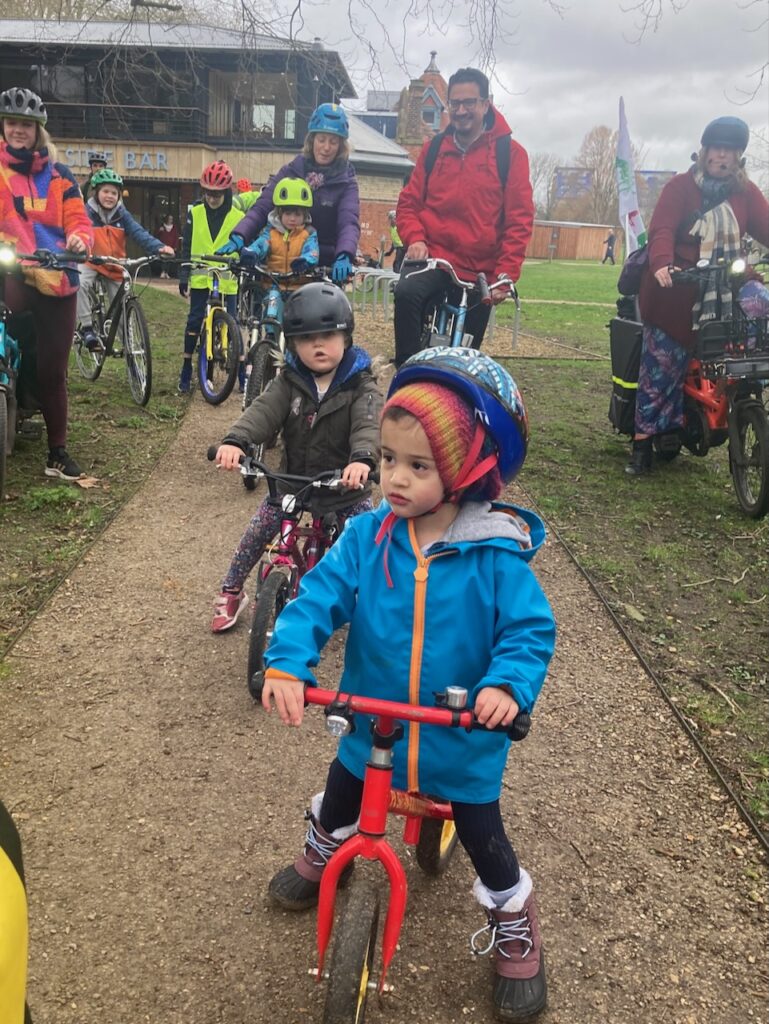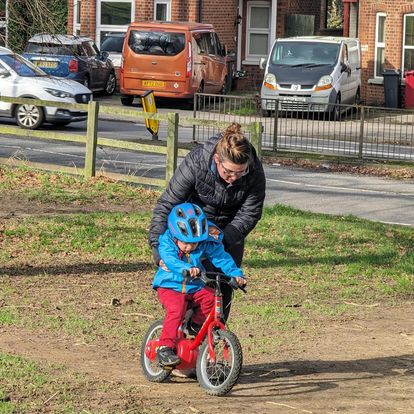My four year old has a gift for starting conversations with everyone. No one he does this to seems to mind, but my inner British person cringes a little whenever he bypasses Proper Social Protocols and does something completely unsanctioned like talk to a stranger on a train.
To bring him a little bit more in line with normal behaviour I have taught him an acceptable opening sentence. “Hello-my-name-is-Sebastian-what’s-your-name?” tends to come out in one breath, sometimes so fast that it has to be repeated, but at least the proper introductions have taken place before he starts demanding to know what the person did that morning or similar.
We recently went to France and it transpires that “Bonjour-je-m’appelle-Sebastian-comment-t’appelles-tu” also works perfectly well for making friends, even if that’s all the French you know. Kids in general often surprise me with how effectively they communicate even if there isn’t a shared language. I suppose it shouldn’t be that unexpected – after all, we all start off with all of our communication being non verbal. One year olds can perfectly well make themselves understood through a combination of noises, gestures and facial expressions.
🇧🇪 🇫🇷 🇩🇪 …
From the outset, Kidical Mass Reading has had a good representation from multi-lingual families. Many European countries are rather more advanced than the UK is in terms of cycling infrastructure. When people have grown up knowing the impact of good cycling infrastructure campaigning for the same here seems to be an easy sell. The predominant emotion that I’ve heard from them around this is sadness that they aren’t yet able to offer their children the same freedoms and independence that they enjoyed so much themselves.
Our boys’ first “Kidical Mass friends” were the children of one of the other organising families, two wonderful girls who are very similar ages to our kids. The family is German, and late last year an opportunity came up for them to relocate to Bonn (which is much closer to their extended families) which they (sadly for us) took. Unfortunately (for us) they seem to be very happy there and show no signs of coming back, so when my other half’s work took him that way recently over half term we took the opportunity to go out with him and visit them.
The kids hadn’t seen each other for about six months, and we wondered on the way over how long it would take them to rediscover the friendship they’d had before. The answer was that within twenty seconds of reuniting they were halfway up a tree together. Kidical Mass friends really are the best friends.
We enjoyed hearing all about their Kidical Mass experience in Bonn – a very well attended affair, with hundreds of riders and police marshals closing down junctions for the ride to pass through. We were a bit envious, but at least we could boast about our Father Christmas ride (their rides don’t run through Winter).
The cycling infrastructure in Bonn is much more advanced than it is here – my husband’s observation having been there a few times for work is that you can cycle in the direction you want to go and mostly it just works. Meanwhile, here in Reading, our route planning sometimes involves Google street view. Still, our friends were able to point out plenty of things that could use some improvement – I guess a cycle campaigner’s work is never done.
If you too would like to help campaign for better cycling infrastructure in Reading (and possibly make some new friends whilst you’re at it) please do join us for our next rides on 20th April.
